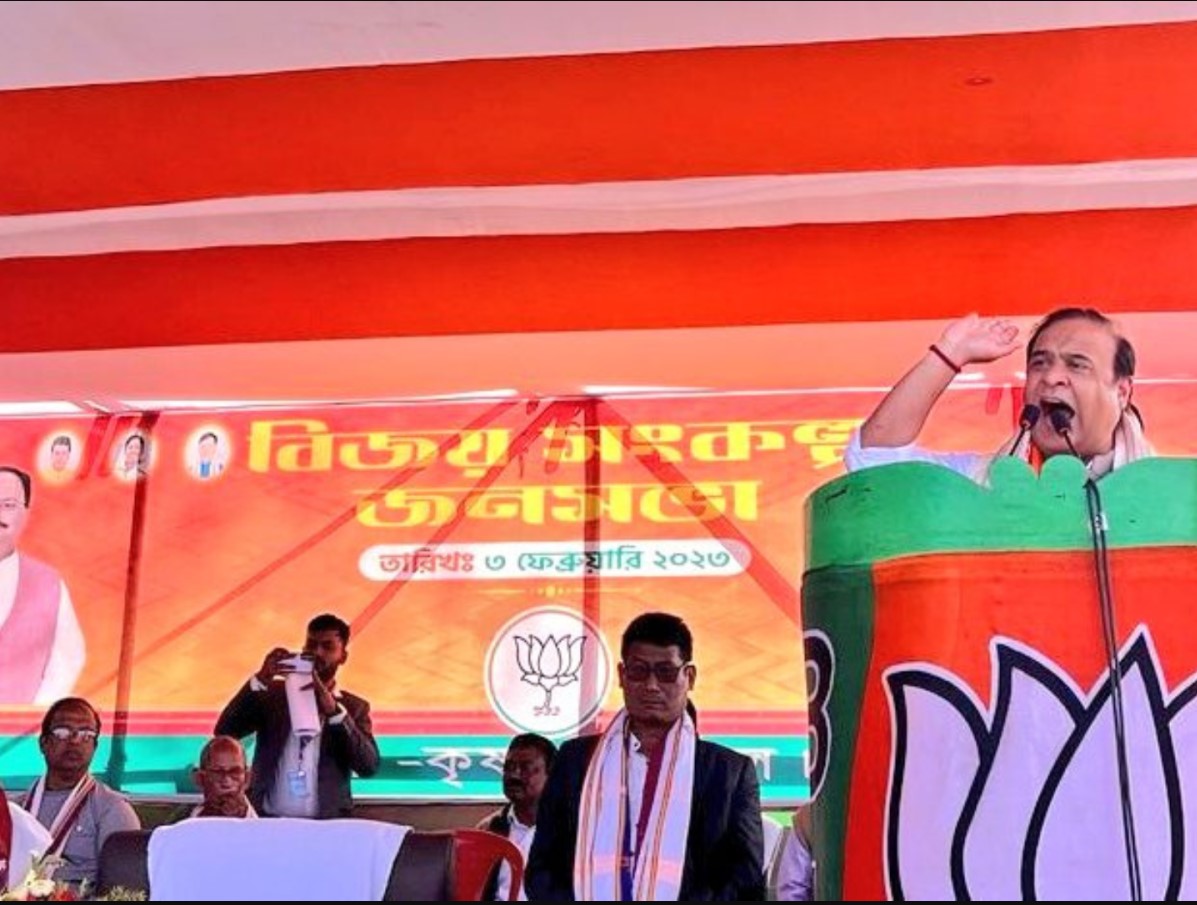Voting for the Tipra Motha, an indigenous political party in Tripura, is like not giving your vote at all, according to Himanta Biswa Sarma, a political leader in the Indian state of Assam. Sarma argues that voting for the Tipra Motha, which was formed to represent the interests of the indigenous people of Tripura, is a waste of a vote as the party is not likely to win any seats in the upcoming election.
According to Sarma, the indigenous people of Tripura would be better off voting for a major political party such as the Bharatiya Janata Party (BJP) or the Communist Party of India (Marxist) (CPI(M)), which have a better chance of winning seats and forming the government. By voting for a minor party like the Tipra Motha, Sarma argues, the indigenous people of Tripura risk splitting the vote and allowing the major parties to win with a smaller percentage of the vote.
Sarma’s argument is based on the fact that the Tipra Motha is a new and relatively unknown party, and has not yet established a significant presence in Tripura’s political landscape. The party’s lack of experience and resources means that it is unlikely to win many seats in the upcoming election, and may struggle to make an impact on the state’s political scene.
However, Sarma’s argument overlooks the important role that minor parties can play in shaping the political discourse and pushing for important issues to be addressed. By voting for the Tipra Motha, the indigenous people of Tripura can send a clear message to the major parties about the issues and concerns that are important to them.
Furthermore, Sarma’s argument also ignores the fact that many voters may choose to vote for a minor party not because they expect the party to win, but because they believe in its values and policies. For these voters, the act of voting for a minor party is a way of making their voice heard and expressing their political views, even if the party does not win any seats.
In conclusion, while Sarma’s argument that voting for the Tipra Motha is like not giving your vote may hold some truth, it also overlooks the important role that minor parties can play in shaping the political discourse and giving voice to marginalized communities. Ultimately, the decision of which party to vote for is a personal one, and should be based on the values and policies of each party, rather than simply on the likelihood of the party winning seats.



